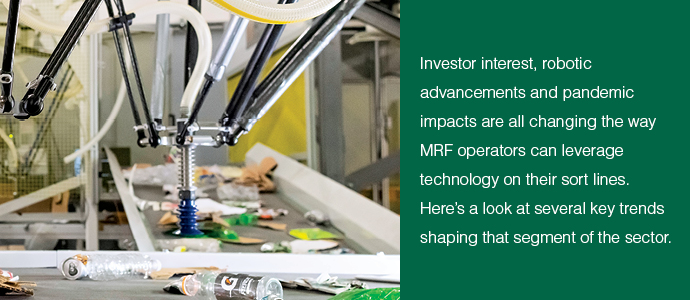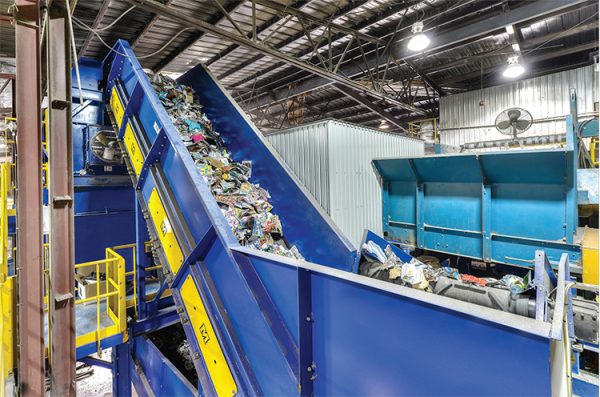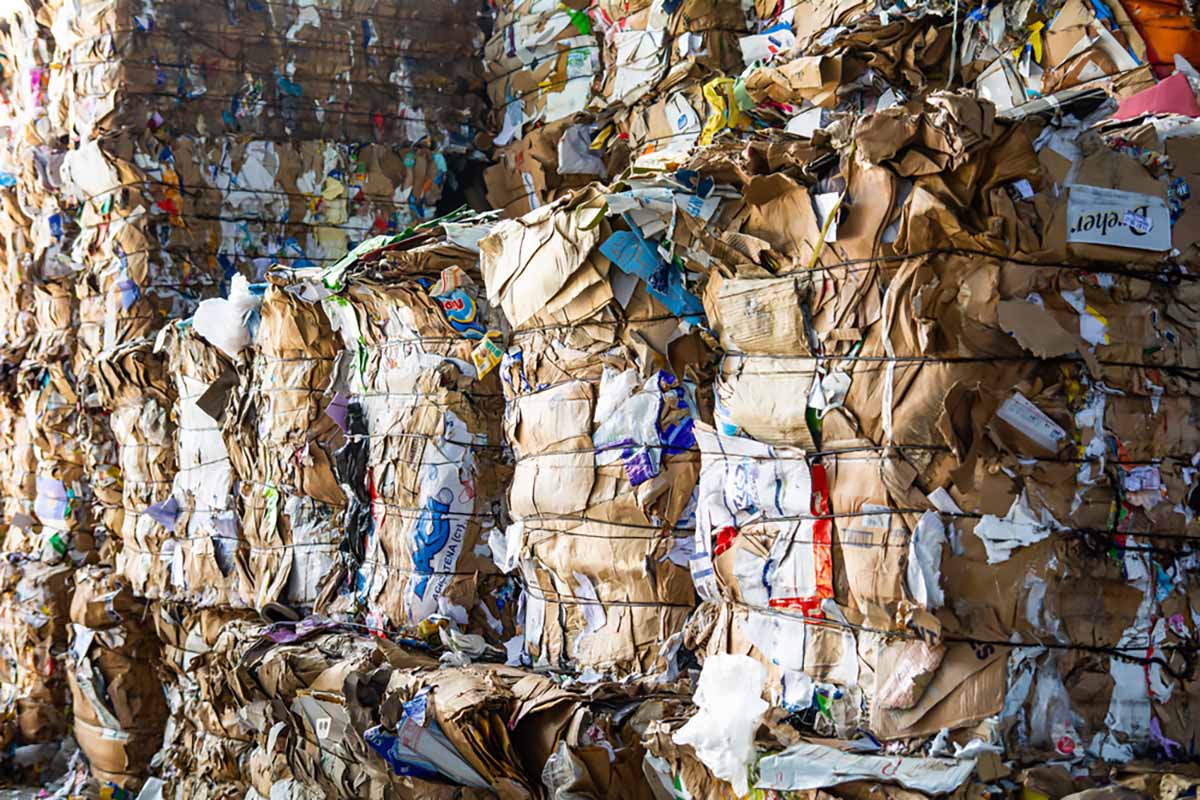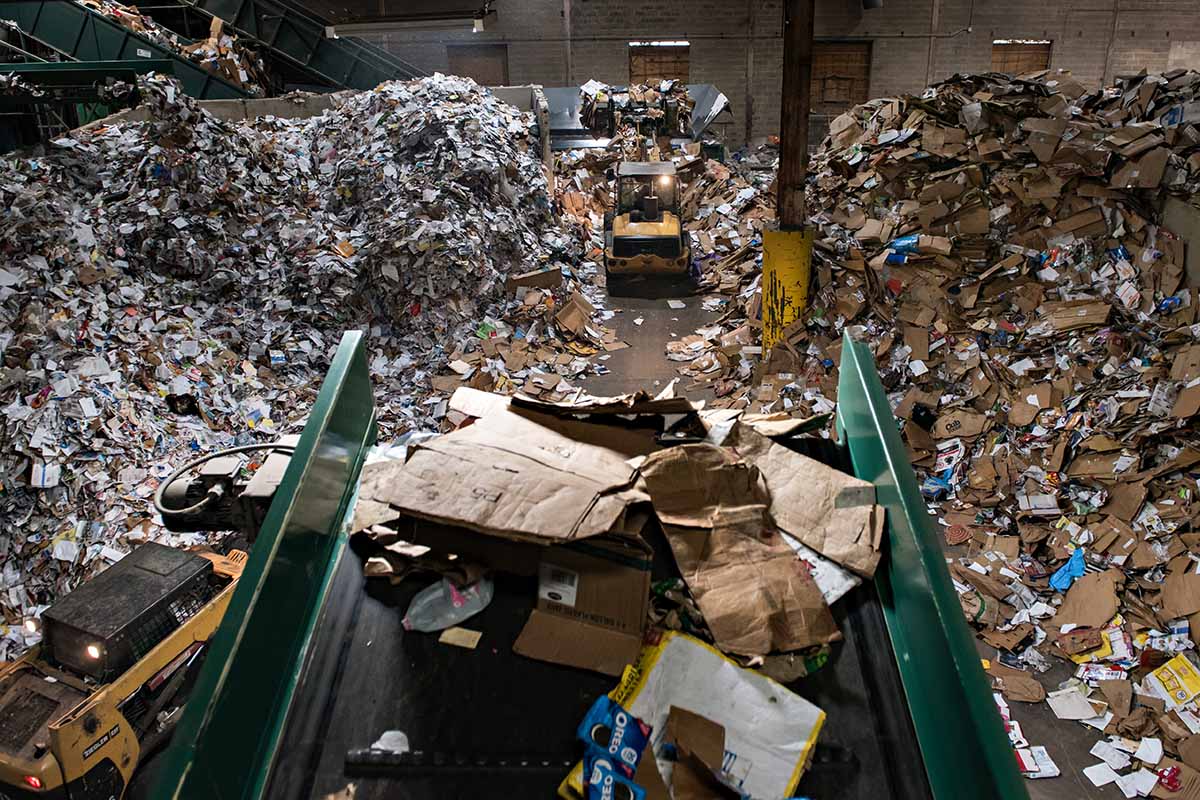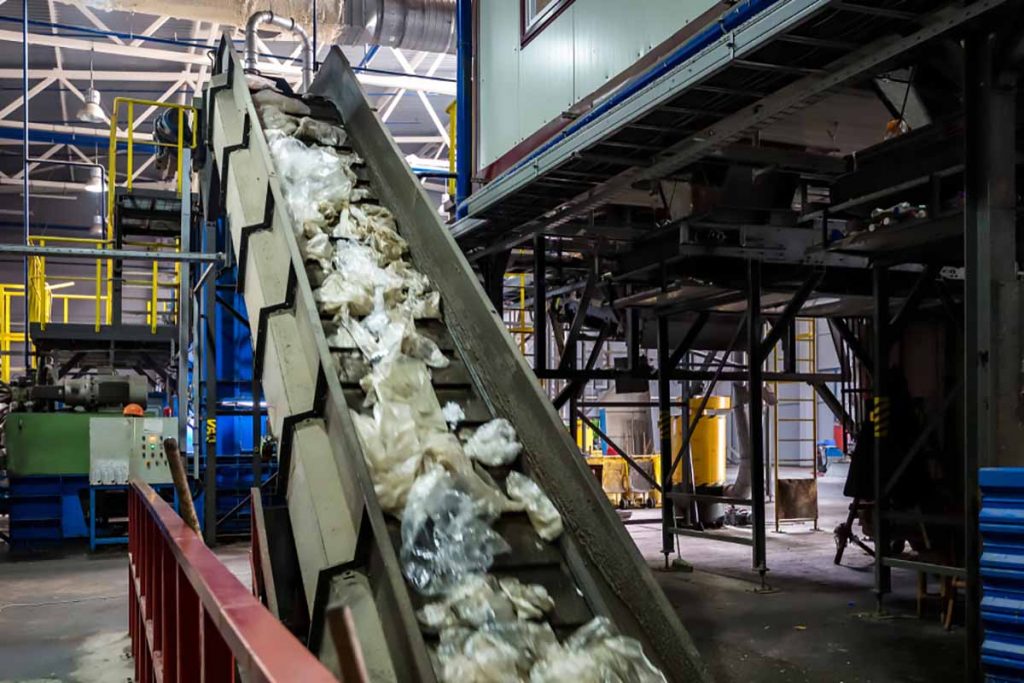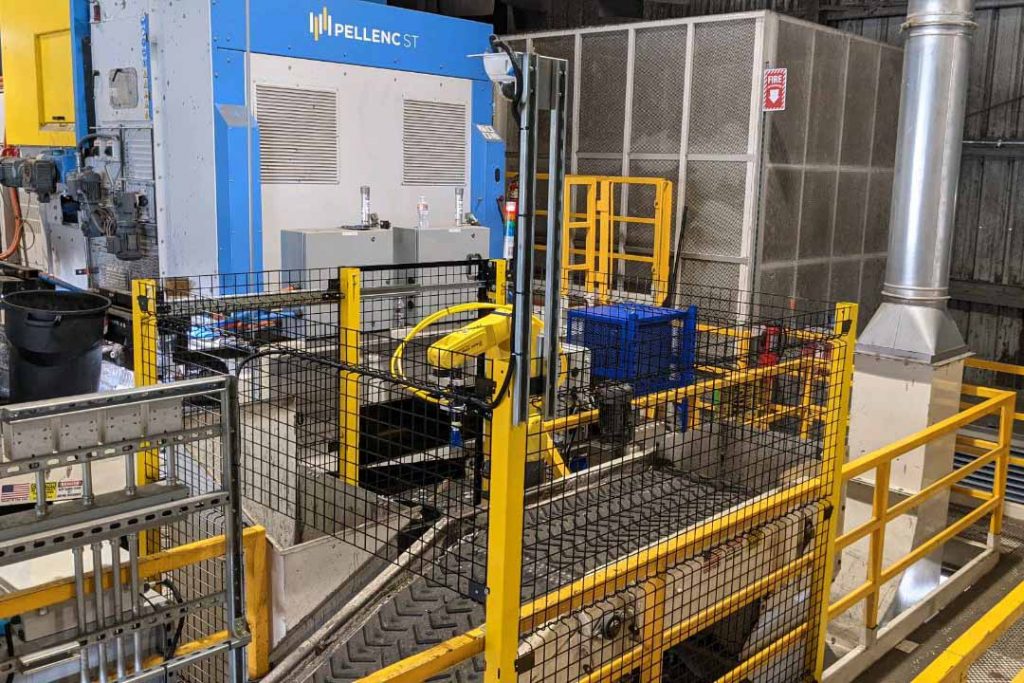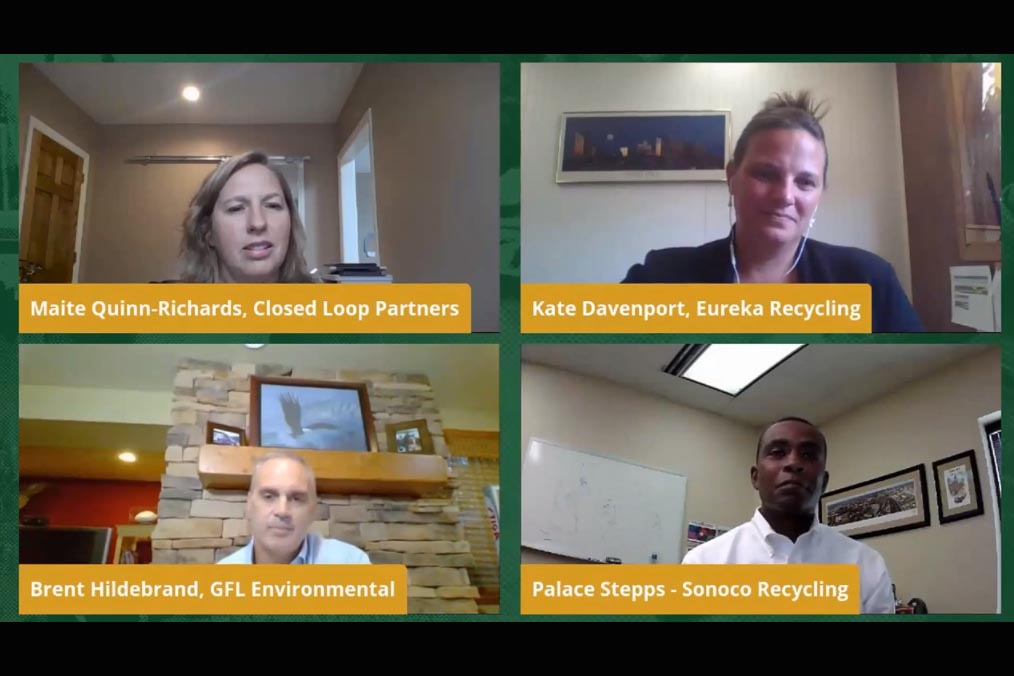
A fire at Tulsa’s MRF is the latest example of the industry trend of fires caused by improperly disposed batteries and electronics. | BlurAZ/Shutterstock
The city of Tulsa, Okla. was forced to redirect its residential recycling stream to a waste-to-energy plant after an improperly discarded battery sparked a blaze at a local MRF.


